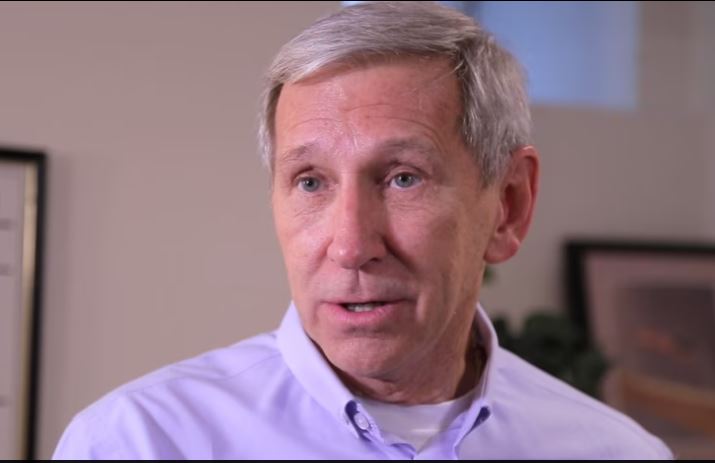Have you noticed how many times a political candidate or commentator will say the word “look”? Why do they say that?
Well, let’s zoom the picture back a little and think about this. Linguists and psychologists have introduced us what they refer to as the ‘representational systems’. They tell us that people are prone to express their feelings, attitudes, opinions and more through the use of one of three ‘representational systems’. They have named these to be Visual, Auditory, and Kinesthetic.. That is people who think, express themselves and understand others best when the language is that of a visual, auditory or kinesthetic nature.
Visual people tend to use words and phrases like,”see what I mean”. “it’s clear to me”, ‘let’s take a look at “, and other words that have a visual orientation .
Auditory people tend to use words and phrases like, “I hear ya’”, I like the sound of that”, “the word around town”, and other words that have an auditory orientation.
Kinesthetic people tend to use words and phrases like, “get a grip”, “I can’t get my arms around that”, “I’ll give you a hand”, and other words that have a physical orientation.
So, it would be easy to say that those “experts” who we hear everywhere, say the word “look” because they are Visually oriented. I don’t think so.
Several months ago I wrote about the incredible number of speakers in all walks of professional life who begin many, many statements by saying the word “well”. Have you heard it? Many , many people have commented to me since that they now notice the overuse of the word “well”. In my original writings I explained why I thought that word was so overused. It still is.
Now , we have a new word that is being over used. It is the word “look”. Why do they say “look”? First of all, I urge you to listen for the word. It most often occurs in the middle of a reply to a question or an explanation of an answer or viewpoint. Unlike the word, “well”, which is over used at the beginning of a statement, “look” is most often used in the middle of a statement. When you listen to the context in which it is used, you will notice that it comes in the middle of a statement as an attempt to clarify what has just been said or is about to be said. The implied meaning of the one word is , “let’s be real”, or, “the reality is”, or “here’s the truth about this issue”, or “I’ll give you a good example”. It has become the go to word for pundits whose commentary may be obscure or perfunctory or canned or even diversionary.
The belief seems to be that if I say,”look”, it implies that I am now going to give you some inside perspective or a pragmatic truism about the topic . Speakers seem to think that if they say “look”, somehow listeners will drop the pretense of intelligent comprehension and insert a common man , sometimes, “aw shucks” kind of receptivity. I for one am tired of hearing it. Speakers need to learn how to say it right the first time. Stop trying to make us think that somehow you are now going to be more honest, more clear, more sincere, etc. Saying “look” is not a characteristic of a visual representational system. Rather, it is a rhetorical trick, an attempt to seem more down to earth, an attempt to talk like a friendly expert. I suggest that you “look” someplace else for a way to express your thoughts accurately the first time you say them…..see what I mean?




